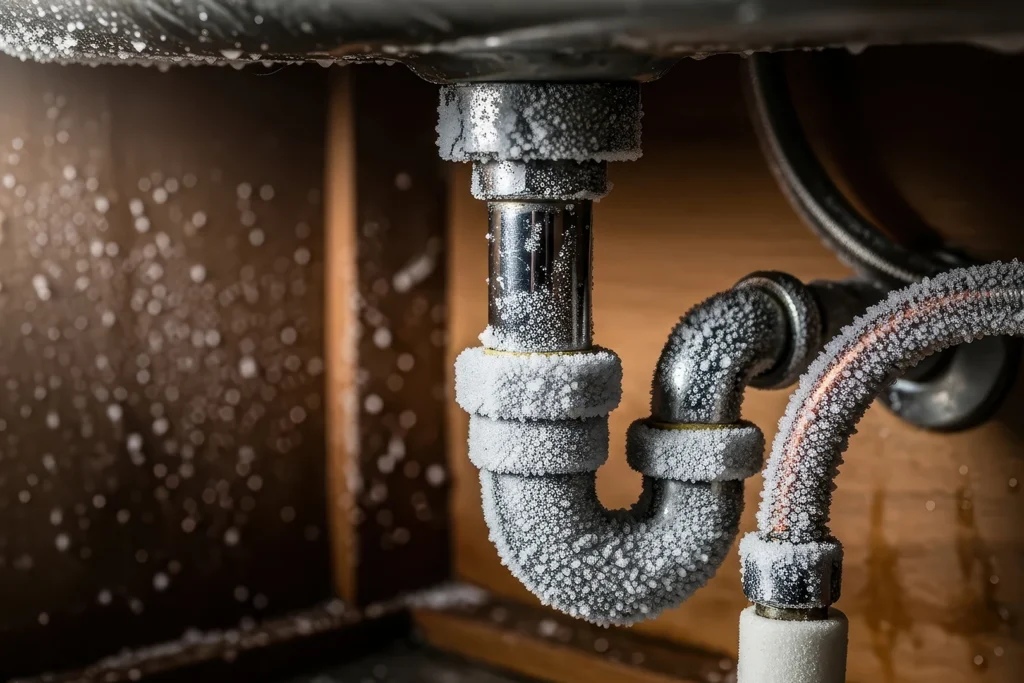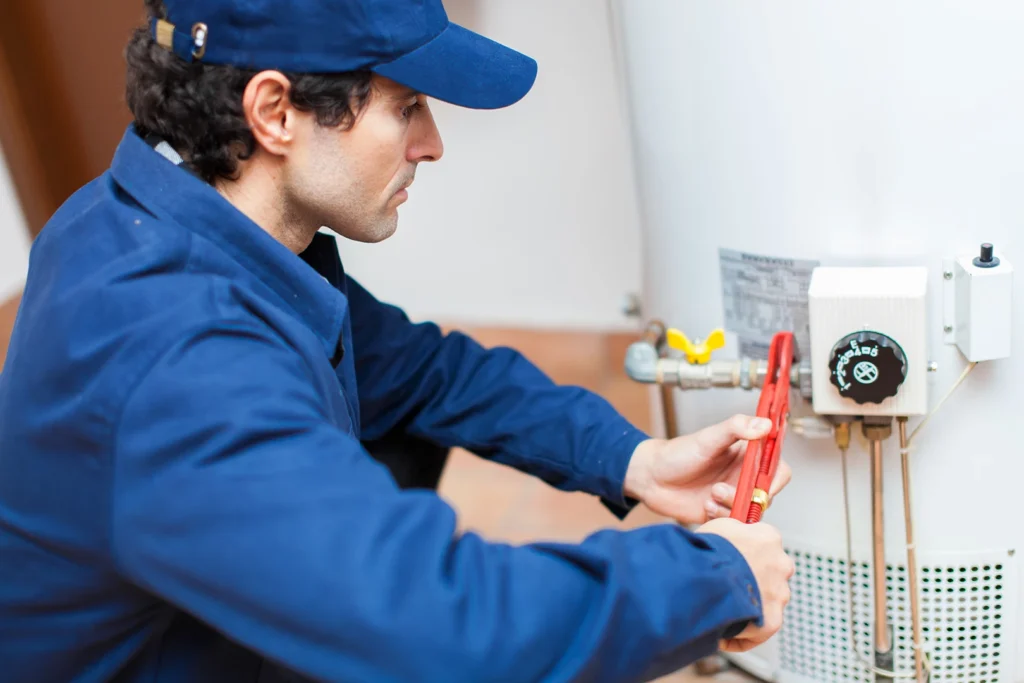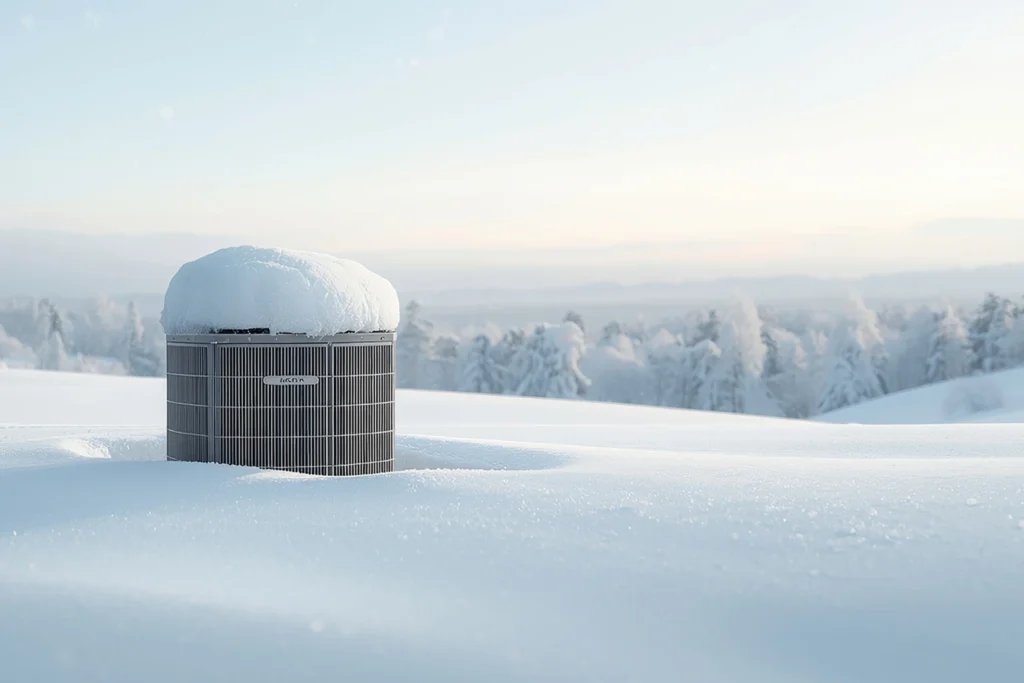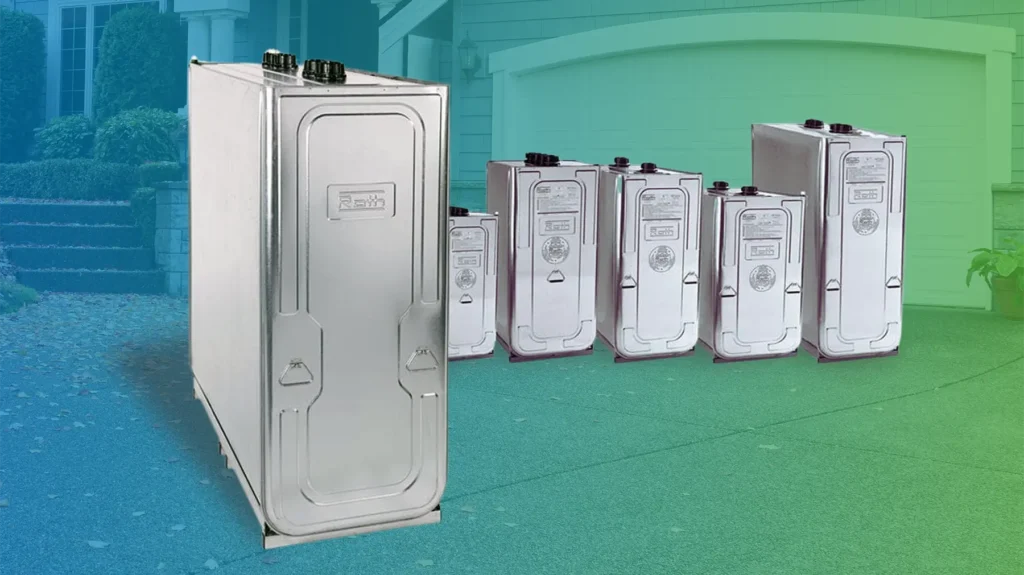If you live in the Northeast, you already know winter doesn’t play nice. And while your heating system can handle the chill, your heating oil isn’t quite as tough. When temperatures drop, heating oil can gel, or even “freeze,” leading to clogs, system shutdowns, and some very unwelcome chills indoors.
Here’s how to keep your heating oil flowing so your home stays cozy all winter long.
Q: What Is Heating Oil Gelling?
A: Heating oil gelling happens when the paraffin wax naturally found in home heating oil begins to solidify as temperatures fall. Once this wax thickens, it can clog filters, lines, and nozzles, preventing your system from getting the fuel it needs.
When there is oil gelling, you might notice your furnace struggling to start, short-cycling, or shutting down entirely. None of these are things you want to troubleshoot in sub-zero weather, which is why prevention is key.
Q: What Temperature Does Home Heating Oil Gel?
A: Typically, No. 2 home heating oil starts to gel at around 15°F to 20°F. But the exact temperature can vary based on the oil blend, storage conditions, and your heating oil tank setup. If your tank is outdoors or above ground, it’s far more vulnerable than one in a basement or sheltered area.
Some homeowners in colder regions use a blended fuel, mixing No. 2 heating oil with No. 1 kerosene, which has a lower freezing point and helps prevent gelling naturally.
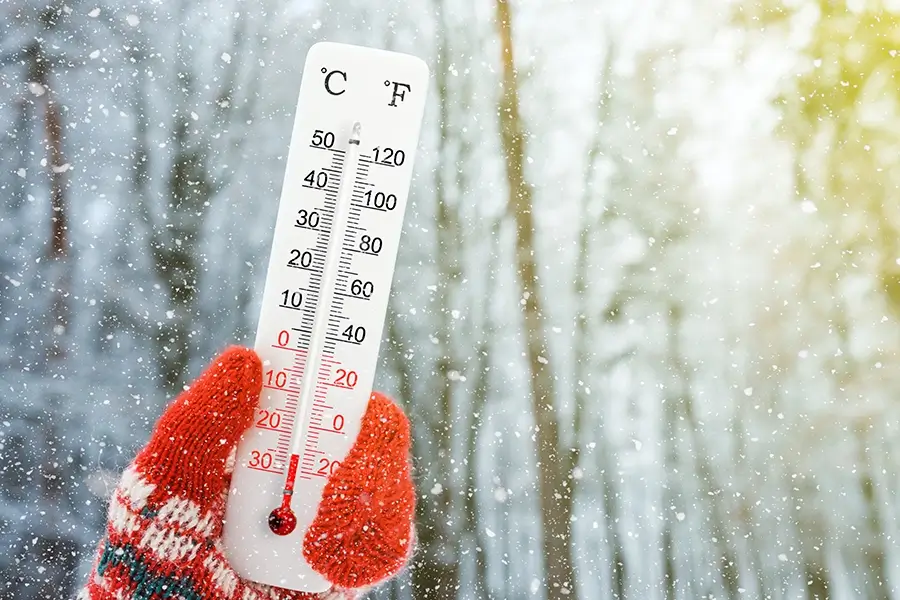
Q: How to Keep Heating Oil From Gelling?
A: You don’t have to wait for a blizzard to protect your heating oil. A few proactive steps can make all the difference:
- Add a heating oil anti-gel additive
Using a heating oil anti-gel additive before temperatures drop is one of the easiest and most effective ways to prevent gelling. These additives lower the oil’s freezing point, improve flow, and help your system run smoothly even in deep winter. - Keep your tank full
A fuller tank means less empty air space and less condensation. This can lead to water buildup, which is a major culprit in freezing issues. Make sure you top off before the next cold front hits. - Insulate or shelter your oil tank
If your tank is outdoors, consider adding insulation or a small shelter around it. Even a basic windbreak can help maintain temperature stability. - Schedule regular maintenance
Annual heating system tune-ups keep your filters clean and your fuel lines clear, reducing the chance that thickened oil will cause blockages. If you want to stay ahead of any heating oil issues, you can purchase a Heating Protection Plan through HOP, which includes routine maintenance for your oil tank system..
Q: What Is the Best Anti-Gel Additive for Home Heating Oil?
A: There’s no one-size-fits-all additive, but look for products designed specifically for home heating oil, not diesel or automotive use. A good additive will:
- Prevent wax crystals from sticking together
- Reduce water buildup in your tank
- Improve cold-weather fuel performance
Your HOP Energy technician can recommend and apply a professional-grade additive that’s tested for your system and local climate conditions, no guesswork required.
Q: Can Heating Oil Freeze in the Winter?
A: Technically, heating oil doesn’t “freeze” solid like water. Instead, it thickens and gels, eventually becoming too viscous to pump. Once that happens, your system can’t draw fuel, and you’ll likely need a technician to warm or replace the oil before restarting your burner.
If you ever find your system not running and suspect gelling, don’t try to fix it yourself; call HOP Energy. Our Emergency Services Team will safely diagnose the issue and get your heat back on fast.
Stay Ahead of Winter With HOP Energy
Cold weather can be unpredictable, but your comfort doesn’t have to be. Whether it’s automatic oil delivery, professional tank treatments, or 24/7 emergency service, HOP Energy keeps your system running efficiently year-round.
Contact your local HOP Energy office today to schedule your next heating oil delivery, or even order heating oil online and set up automatic delivery. This way, you can count on a warm and cozy cold season, no matter how low the temperature drops.

